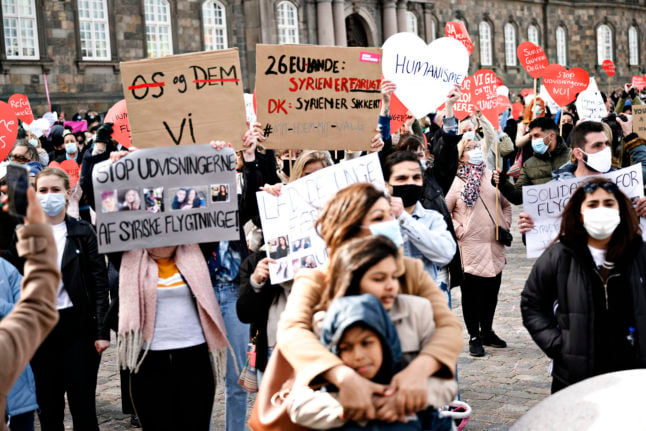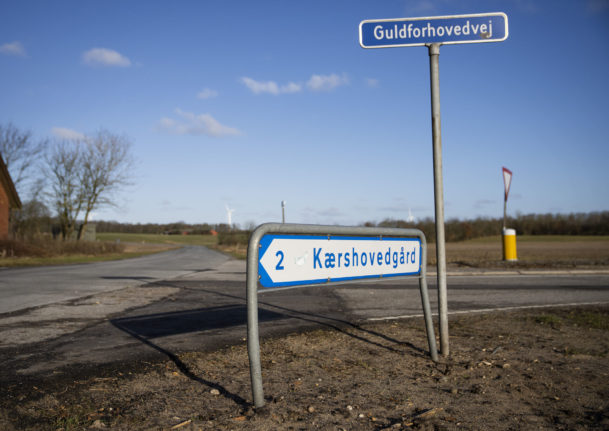Hundreds of Syrian refugees have been informed that their residence permit was revoked or their application rejected since the Danish government determined conditions in the Damascus area had “improved.”
However, in 2022, the Danish Refugee Appeals Board (Flygtningenævnet) has reversed the decision of the Danish Immigration Service (Udlændingestyrelsen) in 71 percent of Syrian cases addressed this year and allowed the refugees to stay, according to data supplied by the former agency to newspaper Dagbladet Information.
Between January and May, the Appeals Board, which issues binding decisions when applicants appeal a determination from the Immigration Service, overturned Immigration’s decision in 54 out of 76 cases and granted continued residence permits.
That represents an increase in the proportion of turnovers compared to December 2021, when 43 percent of decisions were successfully appealed.
At the time, Ib Hounsgaard Trabjerg, chairman of the Appeals Board, described the rate of reversal as too high — “not least for the sake of those people who find their residence permits revoked or refused, creating uncertainty about their situation,” he said.
In a written comment to Information, Danish Immigration Service deputy director Henrik Thomassen said that the agency closely adheres to Appeal Board practice. It also stays updated on background information relating to European Court of Human Rights verdicts.
“To the extent that principal guidelines can be drawn from this, we adapt our practices accordingly,” Thomassen wrote.
A lag of around six months between Immigration Agency and Appeals Board decisions can mean additional information is available at the time decisions may be reversed, he noted.
In January this year, then-immigration minister Mattias Tesfaye was berated at the EU parliament by all but the most right wing MEPs for the Danish government’s insistence that it was safe enough in the Damascus area to repatriate some Syrian refugees to the region.
The policy has led to the withdrawal of asylum status from many Syrians in Denmark, condemning them to stays in the country’s infamous departure or expulsion centres.
READ ALSO:



 Please whitelist us to continue reading.
Please whitelist us to continue reading.
Member comments